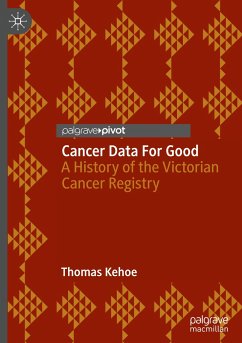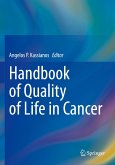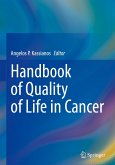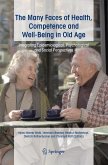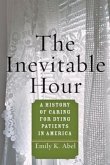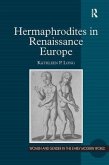This book examines the history of the Victorian Cancer Registry (VCR) in Australia from its establishment in the late 1930s through to the present day. It sheds new light on the history of medicine and the broader social and cultural histories affected by advances in cancer control science, providing a historical account of cancer registration that is empirically grounded in new archival and oral sources. It addresses the obstacles that proponents of cancer registration faced, how governments came to support permanent registries, and the subsequent contributions of the VCR and other registries to cancer research. In charting this history, the book discusses some of the political, social, and cultural implications of registry-driven science, and the links between developments in scientific knowledge and campaigning for policy changes around cancer.
Bitte wählen Sie Ihr Anliegen aus.
Rechnungen
Retourenschein anfordern
Bestellstatus
Storno

